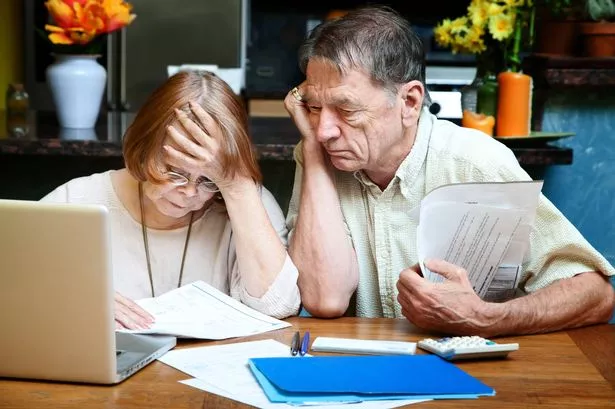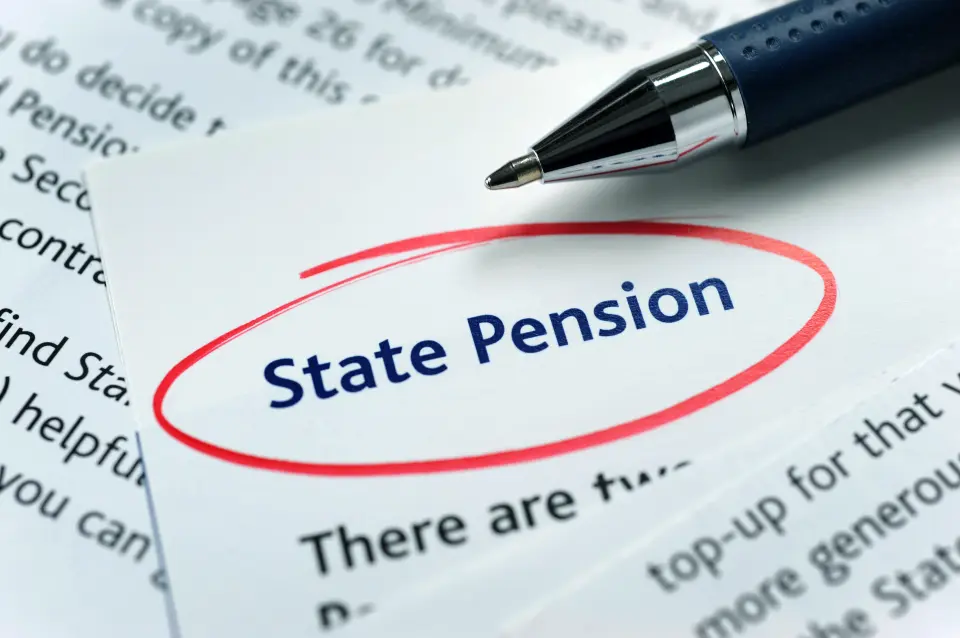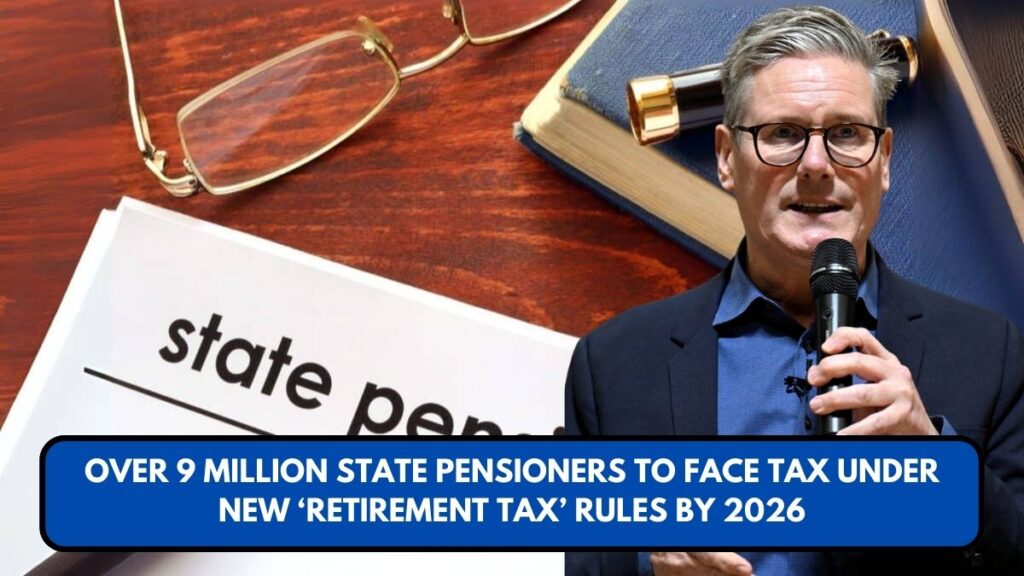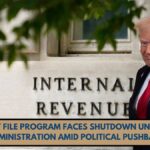Over nine million UK state pensioners could soon find themselves paying income tax on their pensions due to changes in how the government handles tax thresholds and pension increases.
Experts warn that by April 2026, a combination of rising state pension rates and frozen personal tax allowances will push retirees into the tax net — even those relying solely on their state pension.
What’s Changing?
The UK government announced that the state pension will rise by 5.5% in April 2026, lifting the full new state pension to £12,631 per year. However, the personal income tax allowance — the amount you can earn before paying tax — is currently frozen at £12,570 until 2028.
This means retirees earning just the full state pension could now exceed the tax-free limit and owe income tax for the first time.
“This is essentially a stealth tax on pensioners,” warned former pensions minister Steve Webb. “People who’ve never paid tax on their pension will now have to file tax returns or risk paying too much or too little.”

Who Will Be Affected?
The Institute for Fiscal Studies (IFS) estimates that over 9 million pensioners will fall into the taxable income bracket by 2026. Currently, around 8.5 million pensioners already pay tax, but this number is expected to climb sharply unless policies are revised.
Not just those on the full state pension will be affected. Pensioners receiving additional income — such as from private pensions, part-time work, or investments — are even more likely to face higher tax bills.
Why Is This Happening?
The issue arises from a government decision to freeze the personal allowance until 2028, rather than adjusting it annually for inflation. Meanwhile, state pensions are still increasing due to the Triple Lock Guarantee, which ensures pensions rise by the highest of inflation, average wage growth, or 2.5%.
This means that while pensioners’ incomes are rising, the tax-free threshold is not, effectively pulling more people into taxation each year — a phenomenon some experts call a “fiscal drag.”
What Will Pensioners Have to Pay?
Income tax in the UK starts at 20% for income over £12,570. So, a pensioner earning £12,631 in 2026 from the state pension alone could face a tax bill of around £12.20. While this seems small, pensioners with other income could see much higher deductions, especially if they fall into higher tax bands.
How Pensioners Can Reduce Their Tax Burden
Financial experts are urging retirees to consider legally minimising tax liability through the following methods:
1. Use Tax-Free ISAs
Income or withdrawals from Individual Savings Accounts (ISAs) are completely tax-free, making them an ideal vehicle for savings without increasing your taxable income.
2. Take Advantage of the 25% Tax-Free Pension Lump Sum
Private pensions allow you to withdraw 25% of your pot tax-free. Planning withdrawals strategically can help pensioners avoid triggering higher tax brackets unnecessarily.
3. Claim the Marriage Allowance
If you’re married or in a civil partnership and one partner earns less than the personal allowance, you may be able to transfer part of the allowance — potentially saving up to £252 per year.

Government Response
An HMRC spokesperson defended the policy, stating:
“We remain committed to supporting pensioners through fair and sustainable tax policies, while maintaining the Triple Lock.”
The Chancellor of the Exchequer has not announced any reversal or amendment to the tax-free allowance freeze in the upcoming budgets. The next major tax update is expected in the Autumn Statement 2025.
Conclusion
While technically not a new tax, the frozen personal allowance combined with the rising state pension has been dubbed a “Retirement Tax” by critics.
For millions of pensioners, this could be the first time they’ve had to engage with HMRC and manage income tax returns in retirement — posing both financial and administrative challenges.
This article has been carefully fact-checked by our editorial team to ensure accuracy and eliminate any misleading information. We are committed to maintaining the highest standards of integrity in our content.

Himanshu Sharma writes for Weekend Spy, focusing on recruitment, government schemes, and current affairs. He is dedicated to making complex information accessible to readers.
Himanshu enjoys playing chess, hiking, and trying new recipes, always seeking ways to combine his love for writing with his passion for exploration. Connect with Drop him an email at [email protected].







